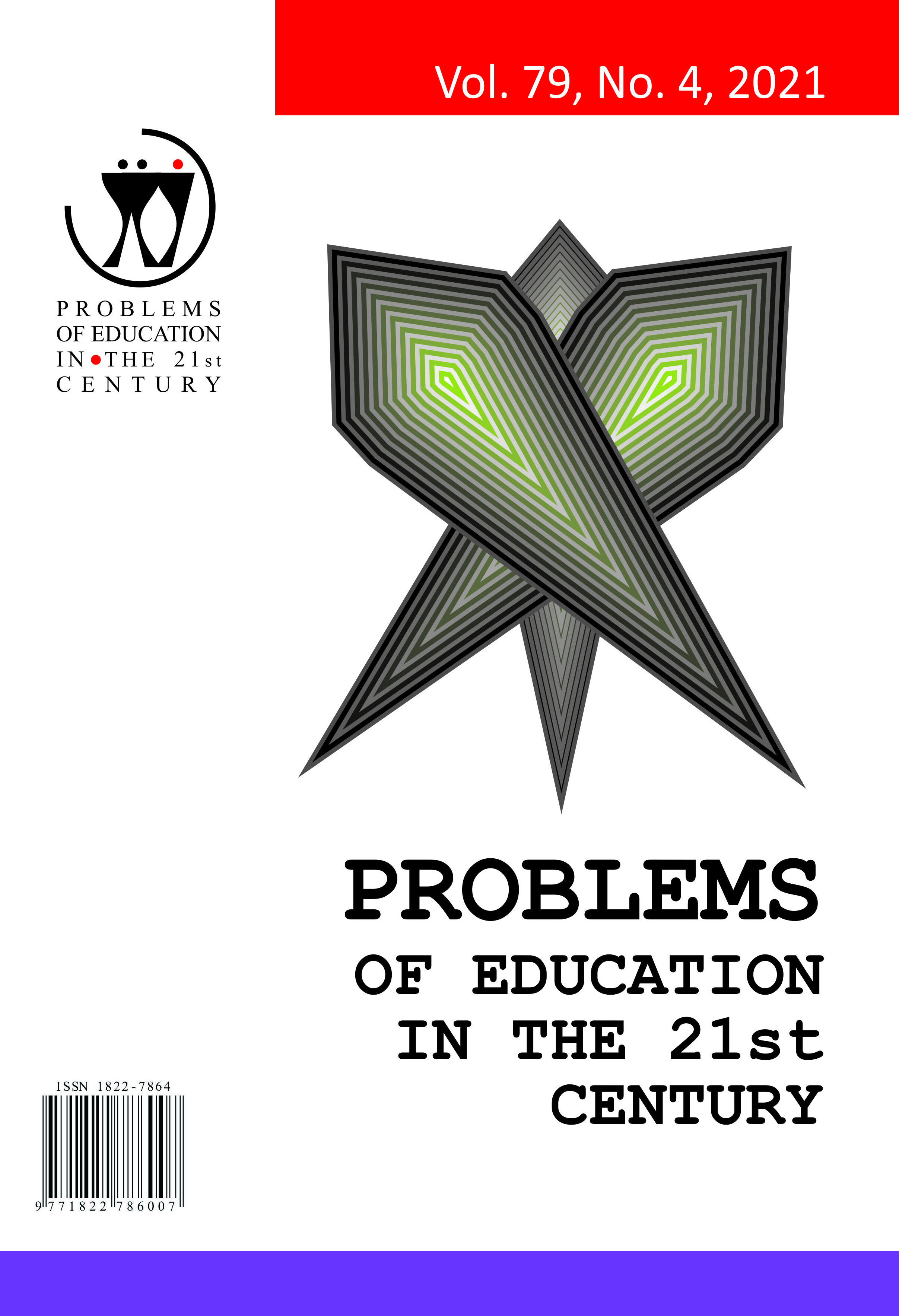PERSONALITY VARIABLES IN RELATION TO THE EFFECT OF FEEDBACK ON THE EFFECT OF OVERCONFIDENCE
PERSONALITY VARIABLES IN RELATION TO THE EFFECT OF FEEDBACK ON THE EFFECT OF OVERCONFIDENCE
Author(s): Robert KrauseSubject(s): Social Sciences, Education, School education, Sociology of Education, Pedagogy
Published by: Scientia Socialis, UAB
Keywords: moderation analysis; overconfidence effect; effect of experience; personality variables;
Summary/Abstract: This research examined which personality variables potentially moderated the effect of feedback on the Overconfidence effect. Research sample consisted of Slovak teachers (n = 223) from across school levels, who were randomly allocated into one of the three groups, out of which two were experimental and one was control. Each group of participants filled in three personality questionnaires, the Reading Literacy Test, and questions on the Overconfidence effect. The first experimental group was given a real feedback on their achieved performance, the second experimental group was given an inaccurate feedback and the control group did not receive any feedback. It was pointed out that despite high mutual correlation between chosen personality variables, no relation was demonstrated between the Overconfidence effect and optimism, neuroticism, or participant’s self-evaluation. The results show that the impact of real feedback on the Overestimation effect depends on the level of neuroticism. Results suggested that the type of feedback on the Overconfidence effect is not moderated by the level of optimism. At the same time, the impact of real feedback on the Overconfidence effect is partially moderated by the level of self-evaluation and the impact of inaccurate feedback on the Overconfidence effect is not moderated by the level of self-evaluation.
Journal: Problems of Education in the 21st Century
- Issue Year: 79/2021
- Issue No: 4
- Page Range: 597-610
- Page Count: 14
- Language: English

